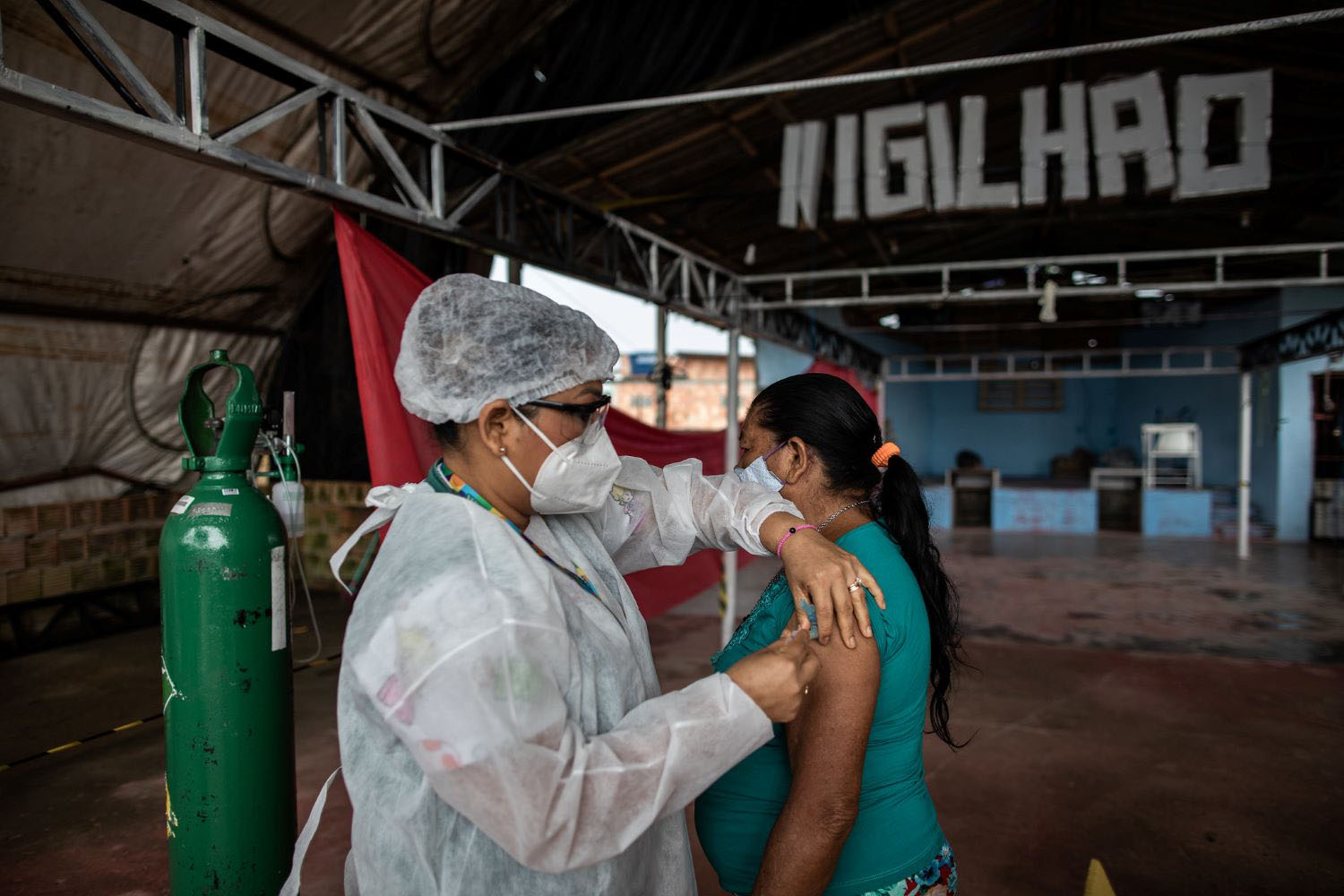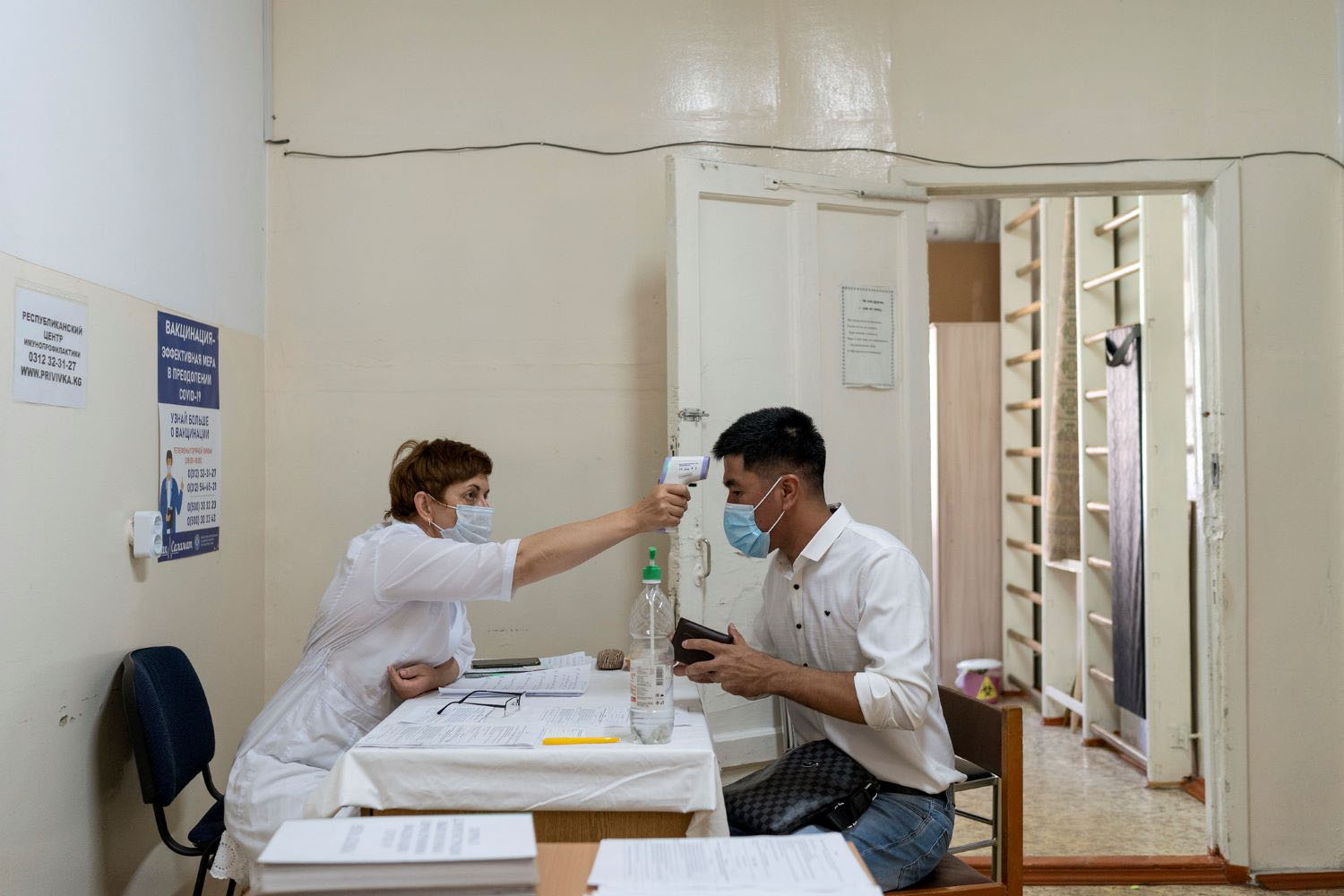"Disappointing" is the only word to describe the news that sponsors of the STEP study, testing Merck's AIDS vaccine candidate, have discontinued the Phase IIb trial. Interim analyses showed that the product doesn't prevent infection or reduce the presence of HIV in the blood once someone is infected, calling a halt to tests of the most promising candidate in the field. This is clearly a setback in the search for an effective AIDS vaccine, and - like the microbicide trial failure in January - a painful reminder that the virus that causes AIDS is the medical equivalent of Osama bin Laden: an ever-present threat that is diabolically difficult to counter.
This turn of events may add fuel to the argument that an AIDS vaccine is simply impossible to develop. Almost precisely three years ago, Richard Horton, editor of The Lancet, said as much in The New York Review of Books:
Contrary to the predictions and promises of most AIDS experts, the signs are that a vaccine to prevent HIV infection will not be found for, at the very least, several decades to come - if at all. Those responsible for carrying on the global fight against AIDS do not accept this grim outlook, at least publicly. Yet it is a conclusion, based on all the evidence gathered so far, which increasingly defies rebuttal. Until the gravity of this scientific failure is openly acknowledged, a serious debate about how to end HIV's lethal grip on some of the poorest and most vulnerable human populations in the world cannot take place.
But is it necessary to abandon the search for an AIDS vaccine to support the implementation of intensified and expanded HIV preventions programs today? The clear answer is no. We quite obviously need to do better on prevention now and the global community has a disgraceful track record so far; this latest development is just a reminder that we cannot afford to be missing current opportunities. But at the same time we need to continue to encourage scientists to pursue a range of potential vaccine strategies and candidates - striving for biomedical progress in this area as we do in many others where the timeline is long, the risks are great and the potential rewards are very high. The vaccine trial results represent a set-back, but one that is intrinsic to the scientific enterprise.
The real problem is not that too much money is being spent on AIDS vaccine research, but rather that far too little is being devoted to prevention programs at all. There's just no question about the wrong-headedness of under-investing in HIV prevention, and still it persists. Last year, something like 4 million people in poor countries acquired the virus that causes AIDS - more than in 2004. While treatment programs are scaling up at a remarkable rate, with 2 million people now on ARVs, no one seriously believes we can treat our way out of this problem. Despite this, the resources for prevention programs is very low - and shrinking, as a share of total spending. As explained by the HIV Prevention Working Group:
The nature of HIV prevention makes it challenging for prevention programs to attract sufficient funding. HIV prevention is complex and involves multiple interventions that can be difficult to evaluate; the timeframe for HIV prevention is beyond the terms of most political leaders; and prevention success is defined by the absence of an undesirable result, often less compelling than treatment and care programs, which provide demonstrable help to individuals and households to enable them to transition from sickness and vulnerability to good health and security. As monitoring of national HIV resource flows indicates, HIV prevention efforts are consuming a progressively smaller share of HIV expenditures in developing countries.
The disconnect between what ought to be done and what is done is manifested in the US PEPFAR program, which now provides by far the largest share of external support in most of the worst affected countries in sub Saharan Africa. Oddly, PEPFAR is constrained by currently legislation to spend a mere 20% of total resources on prevention - despite the fact that, according to last year's Kaiser Family Foundation Survey of Americans on HIV/AIDS, more than half of the respondents said HIV prevention should be the top priority for US spending. The lack of attention to prevention at the international level simply defies logic.
So when we hear the disappointing news that an AIDS vaccine candidate didn't live up to expectations, to me this seems less like failure than like a speed bump on the road that might, in the end, lead to life-saving new technologies. The real failure is that many of those engaged in the fight against AIDS are not directing more money, skills and political pressure toward developing and expanding the implementation a broad range of HIV prevention strategies today.
CGD blog posts reflect the views of the authors, drawing on prior research and experience in their areas of expertise.
CGD is a nonpartisan, independent organization and does not take institutional positions.





